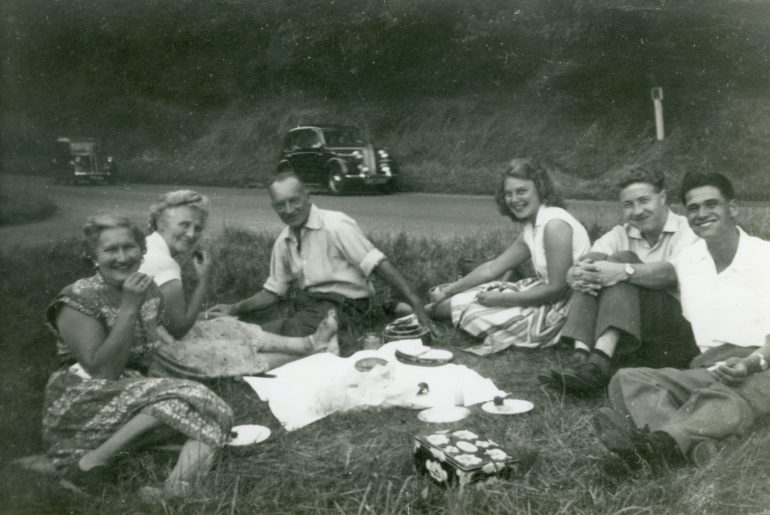It’s 7.00 am in 2013. I am living in the suburbs of New York City. Papa is annoyed. I know this because Scottish pipes and drums are blasting from the Bose speakers in the kitchen – this means we are late to breakfast.
Different styles of music marked different stages of our day growing up. For example, on a normal week day, we played classical music at breakfast. As a result, from a young age, we were familiar with Bach’s Cello Suite No. 1 and Mozart’s Requiem, K. 626. These composers and their pieces marked the beginning of every day. At lunch time, we listened to Neil Diamond in the 70s and Stan Getz’s Girl from Impanema. Dinner, however, was exclusively American and Italian jazz. Frank is a big family favourite—always kicking off Saturday night appetisers with New York, New York.
For as long as I can remember, I have woken to classical and fallen asleep to jazz.

With my days structured in musical genres, I was able to use my spare time for exploring my own musical tastes. From rap, to country, to Pitbull – my Spotify playlists never seem to make much sense. Indeed, growing up listening to different types of music meant I could not only explore a myriad of musical epochs, but also developed an interest in their history, because of the important social and political role some musicians played.
The way my parents used music to break up our days and structure them according to meal times, meant to this day, I associate music with community, to a time for conversation, and a time to enjoy my food.
I credit my solid relationship with food with the benefits of music.

As I grow older, I am increasingly aware of the manner in which family dynamics around food and meals can shape and affect our children’s eating habits. The benefits of listening to music at home in a structured, but enjoyable way, meant, growing up, the time for eating was always a shared event. Music brought my family together around a small kitchen island for breakfast, lunch, and dinner.

Not only has the correlation between food and music positively affected the quality of our time spent eating, but as well as that of our conversation. If anything, music inspires taste and mood, which is reflected in the way people communicate.
Research on the association between music and its intellectual benefits for kids is common. The assumption is, however, that there is causation involved between listening to music and children earning higher marks. This didn’t play out for me because I was never patient enough to learn a musical instrument and always preferred kicking the soccer ball. However, alternative explanations could explain why children who grow up listening to music or playing a musical instrument achieve success. For instance, a child taking the time to learn to play the guitar might learn the skill of perseverance, which helps when tackling challenging homework.

The Proceedings of the National Academy of Sciences of the United States of America (PNAS) show that music has physical and emotional benefits. Music activates the emotional reward system of our brains and causes the release of dopamine. This is one of the main signaling molecules in our brains. It is often used to describe a small, pleasurable thrill. Music creates ‘peak emotional arousal’ following for instance, the anticipation of a beat drop or a particularly enjoyable passage.
This creates a similar feeling in our bodies as that of other ‘euphoria-inducing stimuli’ such as food, drugs and sex.

When combined with other euphoric aspects of our lives – i.e. food and a happy family environment, music has incredible social and personal benefits. The natural benefits of music on the body explain why music is a universal concept among humans.



